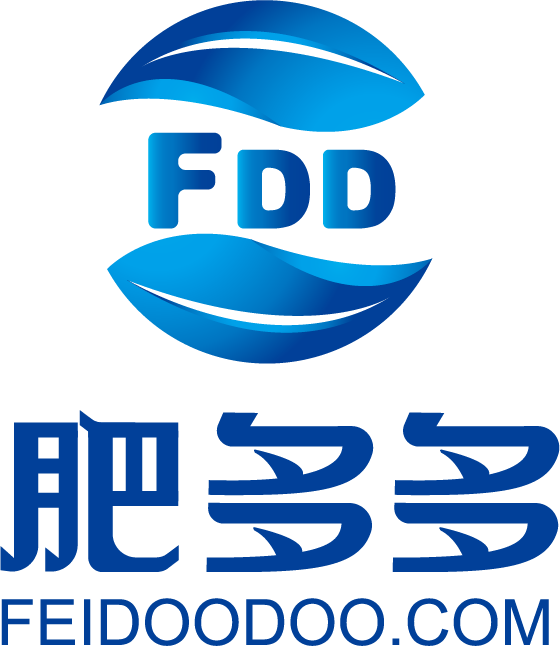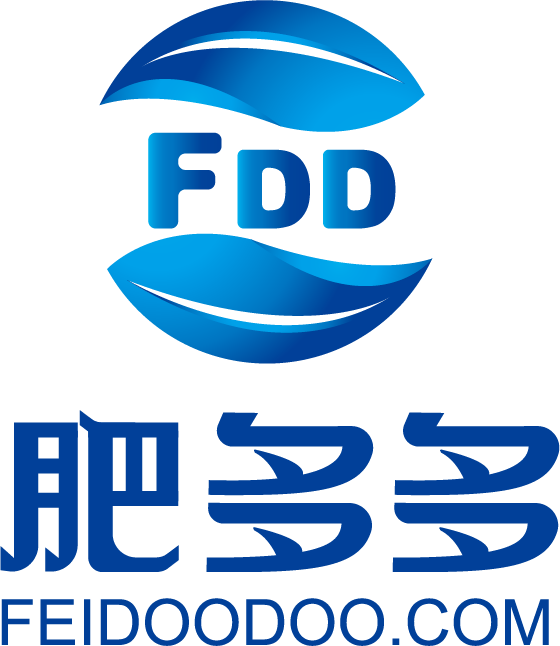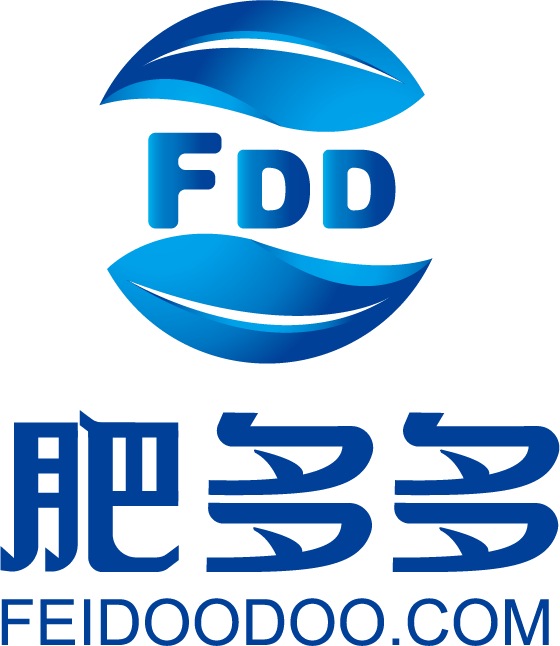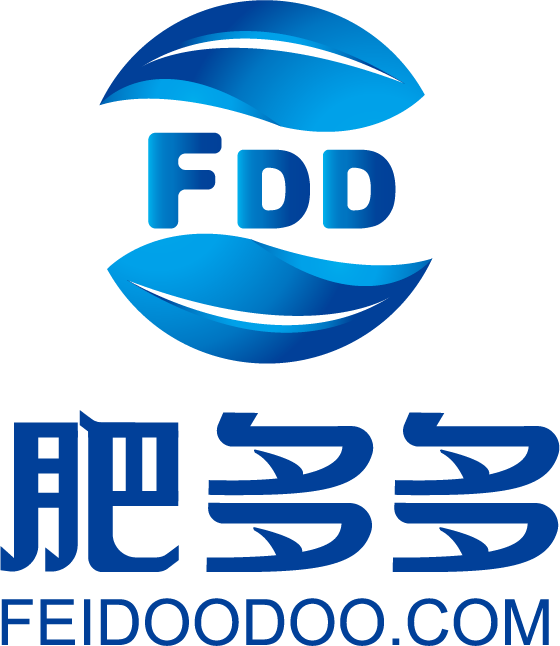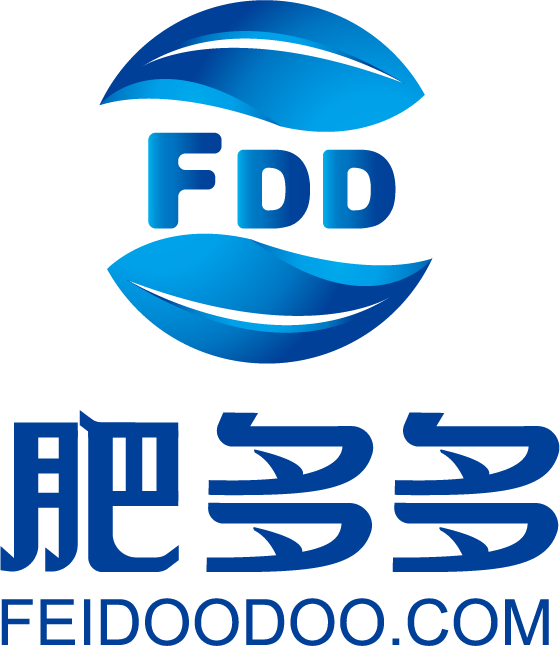Breaking News: Global leading potassium fertilizer producer announces production cuts!
Recently, Nutrien, a global oligopoly potassium fertilizer supplier, announced a reduction in production. The company has reduced the output of its Cory potash mine, which has an annual potassium fertilizer production capacity of 1.9 million tons. The reason behind this decision is the ongoing strikes at more than 30 international port terminals, including the Vancouver port, in Canada, which has resulted in the company losing its export capabilities for potassium fertilizer.
According to calculations by the industry organization Canadian Manufacturers & Exporters, the strikes have caused losses of approximately CAD 5.5 billion (approximately USD 4.2 billion), with trade disruptions of around CAD 500 million per day.
The President of Nutrien added, "If this continues, it will also affect the production of our other potash mines in Saskatchewan." Canada is the world's largest producer and exporter of potassium fertilizer, accounting for about 32% of global production and 39% of global exports. The majority of its potassium fertilizer is exported through the Vancouver port.
Industry insiders speculate that Nutrien may be using the opportunity of the strikes to reduce productiontoo boost global potassium fertilizer prices and promote its sales in the Brazilian market.
Potassium fertilizer supplies are not only affected in Canada. Due to geopolitical conflicts, Russia and Belarus are still under sanctions, resulting in disruptions in maritime transportation, payment settlements, and logistics supply chain transportation. Most potassium fertilizer products can only be transported through the Northeast border trade ports and the China-Europe freight train. Limited port infrastructure and issues like the availability of empty containers for return trips of the China-Europe freight train have led to higher transportation costs and reduced efficiency in exporting potassium fertilizer products. Currently, the supply of potash from Belarus and Russia remains uncertain. According to the latest official data from Russia, potassium fertilizer production decreased by 12.1% in the period from January to May 2023 compared to the same period last year. The supply chains for potassium fertilizer exports from Russia and Belarus are still restricted, and the situation in the potassium fertilizer market has not substantially recovered. Nutrien's sales in South America, with Brazil as its core market, account for 34% of its total sales.
Looking downstream, potassium fertilizer demand in Brazil is gradually being unleashed. On June 27, the Brazilian government launched the 2023-2024 Brazilian Agricultural Crop Plan, which is the largest agricultural crop plan in Brazilian history. The data shows that for the 2023/2024 period, the projected planting areas for Brazil's top three crops, soybeans, corn, and wheat, are 4,520 hectares, 2,160 hectares, and 330 hectares, respectively, with year-on-year growth rates of 3.9%, 2.8%, and 5.1%.
As a global agricultural powerhouse, Brazil will gradually enter a new planting season starting from the end of July, with corn planting taking place from August to October, and Brazilian farmers starting to plant soybeans, wheat, and other crops from September to October. As crop planting progresses, there will be a significant increase in the application of potassium fertilizer, coupled with strong support from the Brazilian Agricultural Crop Plan, which will further drive the demand for potassium fertilizer in the Brazilian market.
Recent market news suggests that India intends to renegotiate a major contract for potassium fertilizer. Considering Nutrien's sales in China accounted for only 14% based on the 2022 sales figures, it is not its core sales market. However, potassium fertilizer producers are still signing large contracts with China at lower prices, which is seen as a strategy to restrain the development of Russia and Belarus in the Chinese market.
Currently, global potassium fertilizer market prices are gradually stabilizing, with domestic port prices in the range of CNY 2,300 to 2,700 per ton. As of now, the official delivered price for Qinghai Salt Lake's 60% crystalline potassium product, which serves as a market reference, remains unchanged at CNY 2,700 per ton. The production cuts by Nutrien are likely a signal to further stabilize global potassium fertilizer prices and ensure stability and increase in prices before the upcoming planting season, particularly in its core sales region, the Brazilian market.
- International Fertilizer Market - Potash Giants Report First Quarter: Signs of Recovery in Potash Demand! Meanwhile, Russian Fertilizer Exports to the US Reach Annual High2387
- Phosphate Fertilizer Weekly Report: Supported by Pending Orders and Costs, Firm Prices2110
- Urea Weekly Review: Cautious Buying and Slow Follow-Up, Prices Hold Steady2244
- Urea Daily Review: Weakened Supply-Demand Support, Enterprises Lower Prices to Attract Orders2205
- Phosphate Fertilizer Daily Review: Pending Orders Support Prices, Stability in the Short Term2066

